How to get better at accepting help from others
Humans are extremely prideful creatures. We like to think that we can do it all ourselves, striving to be ‘independent’ at all costs. Society has convinced us that accepting help from others is a sign of weakness. However, I believe the exact opposite. Today, we’ll be looking at the ways to get better at accepting help from others.
Table of Contents
Denial – There is no problem
How can we ask for help from others, if we deny that we need it in the first place? Unfortunately, this is the struggle for a lot of us right now.
Denial has been argued to be used as a defence mechanism during highly stressful situations. If your brain believes that it may be incapable of handling a situation, then it may choose to ignore the experience entirely. In other words, when times get tough, we may start to lie to ourselves about the reality of the situation.
For me, I often used denial when it comes to academic activities. Growing up as the ‘Smart Kid’, I had a lot of my self-worth tied with the ability to perform in school. However, there would be times where I would simply become overwhelmed with the amount of work on my plate.
Instead of asking for help from those around me, I’d deny the fact that I was struggling. My parents would notice my lack of sleep, increased irritation, decreased appetite, and would offer to help. But I was way too proud to accept it. I was the smart one remember? If I didn’t have that, then I had nothing. So, I told them repeatedly that I was fine, even when I wasn’t.
Eventually, the pressure had become too much and I cracked. This is why I believe the first step in getting better at accepting help is acknowledging to ourselves that there is in fact a problem that needs to be solved.
Once, we’re self-aware, we can begin to dive deeper and ask ourselves some important questions.

Reflection – Do I need to handle this problem alone?
During one of my journaling sessions, I forced myself to confront two questions. First of all, can I handle this problem. During the peak of the stressful times in life, the answer is a resounding no. There was no where I could sustain the current path that I was on. But then, another thought hit me. Do I need to handle this problem alone? To answer this question, I had to rely on Stoic philosophy.
The Stoics talked a lot about the topic of control. They often preached about letting go of this outside of our control. This right here was my problem. I was trying to control every single thing in my life. The truth is that I had an ego problem. Things needed to be done perfectly and the only one who could do that was me.
When I stumbled upon Stoicism a couple of years ago, I realised how foolish and prideful I had become. I was so unwilling to accept help that I worked myself to the point of exhaustion. So to answer the question of ‘Do I need to handle this alone’, I needed to truly humble myself.
I began to accept that I couldn’t be everywhere at all times. I couldn’t do everything. I’m only one man, filled with countless flaws. It’s more than okay to need help. For the first time in my life, I let go of that control that I had help onto so tightly.
What Is Denial Psychology & How To Address It | Betterhelp
15 Stoic Quotes on Failure That’ll Change Your Perspective

The ask – I need help with this problem
Before we get to the final point, let’s recap our journey. Firstly, we need to accept that there is a problem that needs to be dealt with. Secondly, there needs to be an understanding that we don’t need to deal with the problem alone. Now, the only remaining step is the actual asking for help.
What often stops people from reaching out? Guilt. I don’t want to bother them with my problems. They’ll think less of me if I reach out to ask for help. I can’t tell you how often I’ve used these thoughts as excuses not to reach out to my friends/family.
So let’s examine where this guilt comes from. It’s possible that it may arise from a place of low self-esteem. When we’re low on confidence we tend to expect bad things to happen to us. We believe that it’s our fault that there is a problem, and so it’s on us completely to fix it. I mean, why bother other people with it? These though patterns make it extremely difficult to do the asking, so here some basic tips to help you out.
Make use of I – statements. This will allow you to be as clear as possible when expressing your needs. The technique is often suggested by couples counsellors when partners have difficulties asking for what they want. Here’s my example:
I’m really struggling with the workload I have now. I’d appreciate it if you could help me out.
Be clear about what you need. The example above is extremely vague as it doesn’t detail exactly what I need from the other person. To increase the chances of success, I recommend being as clear and concise as possible. So instead of the previous example, try this.
I’m really struggling with the workload I have now. I’d appreciate it if you could help me finish up this case report.
By specifying what it is that you need, you’re giving the other person the chance to assess whether they can truly grant your request or not.
Don’t apologize. Going back to the issue of guilt that we discussed earlier. There is nothing to be ashamed about when reaching out. Often times we apologize when we ask for help because we think that we’re inconveniencing the other person. However, we forget that there are people in our lives that will gladly support us if we ask for it. It’s time to realize that accepting help from others isn’t selfish, sometimes it’s necessary.

Conclusion
Accepting help from others is no easy task. However, once you’ve gone through the journey of reflection and expressing yourself, you’ll find the rewards to be worth it!
What do you think? Do you have issues with asking/accepting help? Is there a particular time where you regretted not doing so? Let me know in the comments below. I’m curious!
Also, if you enjoyed reading, then make sure to join the mailing list to get exclusive access to our newsletter where we keep you up-to-date on all things failure.
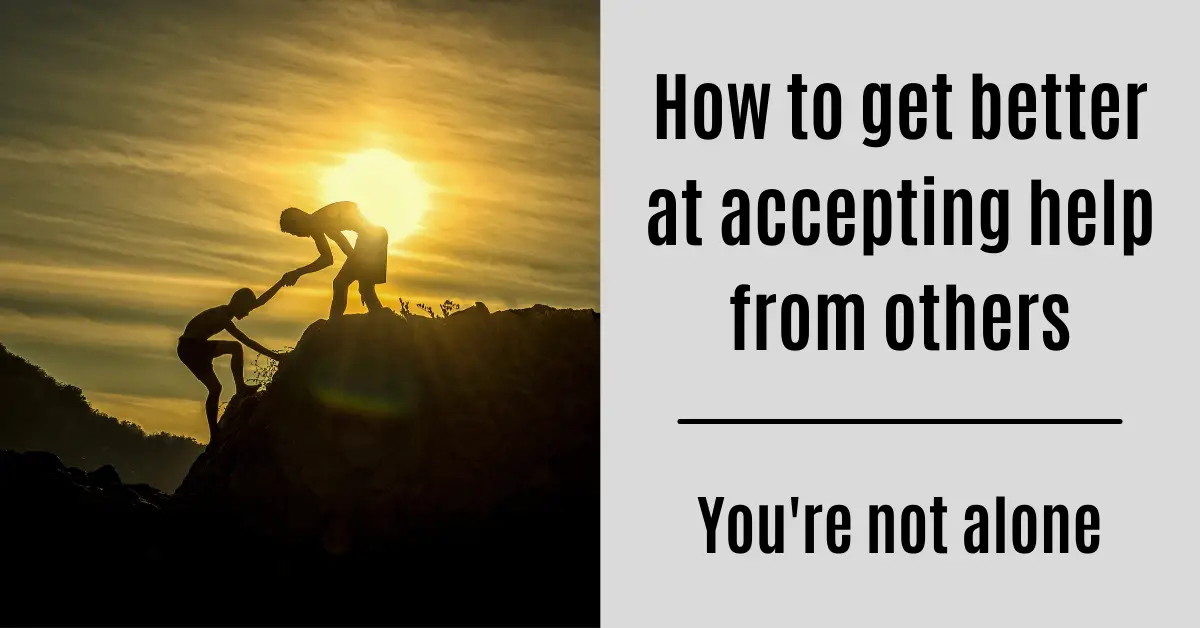
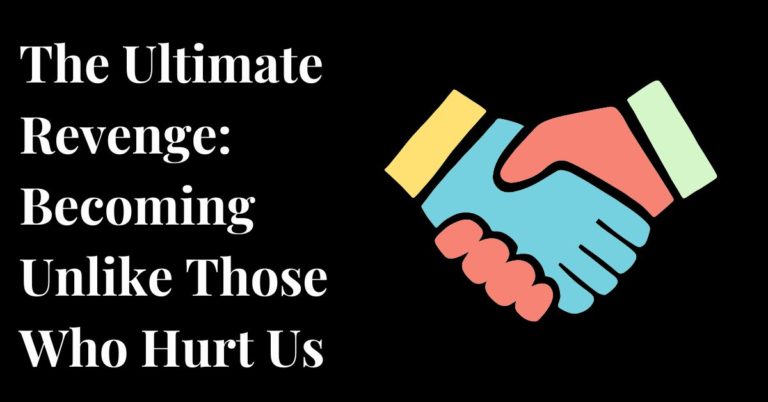
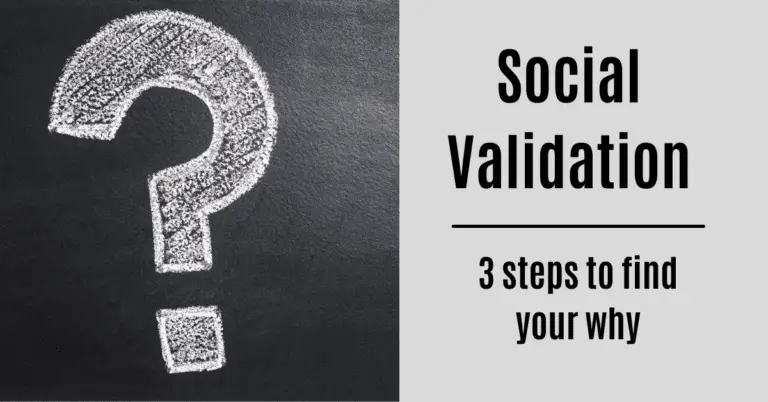

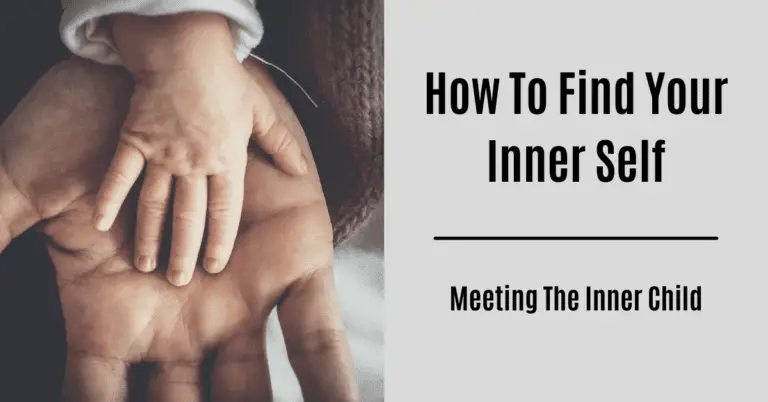
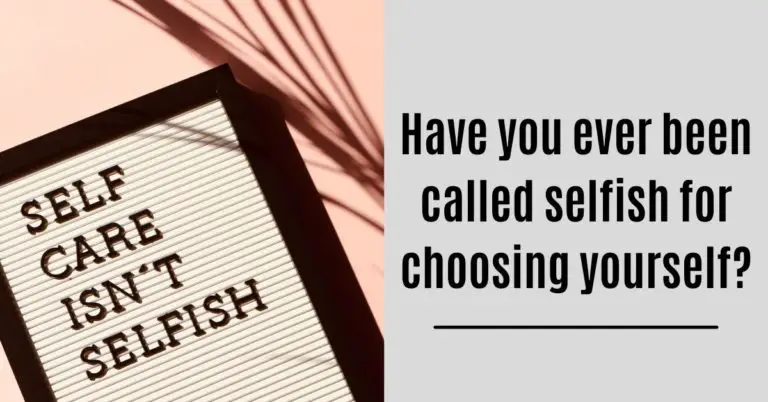

Asking or accepting help is always hard.
I totally hate asking for help as many of us do but it is okay and we shouldn’t feel guilty (although I often do). I try to tell myself that I love it when I’m given the opportunity to help someone and many others do too so inconvenience isn’t even what most people think of first. And sometimes that makes it easier.